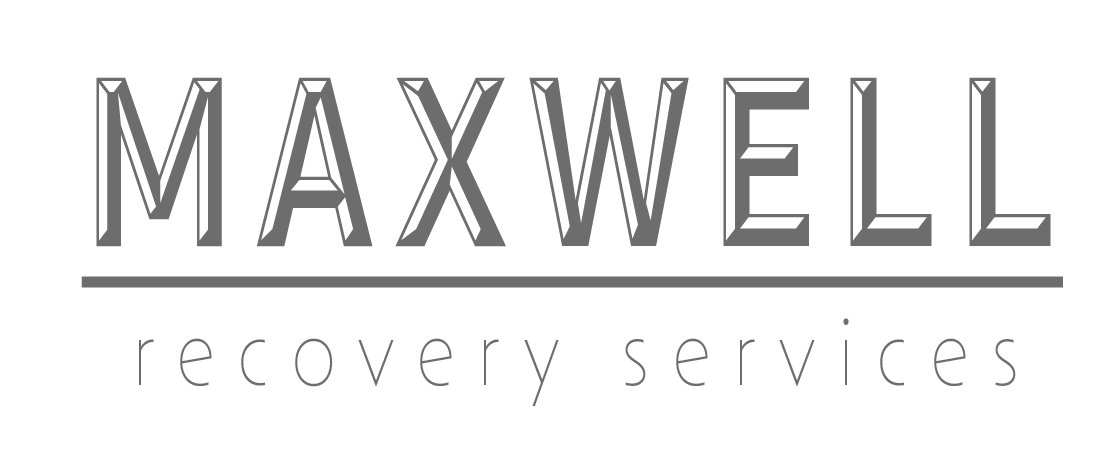
Intervention
Intervention Services
-
Intervention is a process in which a support network (family, friends, colleagues, etc.) comes together to support a loved one in entering treatment and engaging in recovery. Oftentimes, individuals can remain stuck in addictive patterns for years, therein creating significant interpersonal, financial, emotional, and spiritual suffering. There are times when individuals will not discontinue their harmful behaviors and seek recovery without the help and accountability of their friends and family, and professional guidance is necessary. Addiction can be quite baffling, and it is helpful to acknowledge that there are many different behavioral, contextual, and emotional forces that keep people stuck in their addictive lifestyle. Staging an intervention can help an individual to recognize the consequences of their addiction, as well as the help and support available to them, and capitalize on this increased insight by participating in treatment and entering recovery.
I am trained in an approach to intervention that is generally non-confrontational, and invitational. Although the idea of an invitational intervention can seem somewhat naive, it can be incredibly effective if structural changes within the family system are made. When the forces that promote and encourage addictive behavior are reduced or eliminated, individuals will often seek out treatment themselves or will be more willing to attend treatment if it is offered.
Of course, there are situations in which an “invitational model” is not necessarily feasible. A person can be at such a high degree of risk that a formal intervention process is necessary from the beginning. In this case, family members are asked to write formal intervention letters and to stage an intervention with the help of a professional. “Staging an intervention” typically involves catching the individual off guard, expressing the negative effects of their addiction, and asking that they seek treatment.
I am trained in the ARISE® Comprehensive Care with Invitational Intervention Model which consists of two phases. The goal of the first phase is to support the family and the person of concern in accessing treatment resources and managing the logistical and treatment coordination required to move the “POC” (person of concern) from the intervention to the door of the treatment program. The second phase involves assisting the individual and family in navigating the months following entry into treatment. These phases should not be viewed as separate, but as logical parallel processes. Weekly meetings are conducted with the “POC,” the family, and myself, in which family members are all supported and held accountable for engaging in behaviors that reduce enabling and increase healthy boundaries, open communication, and loving support. Oftentimes, families are unsure of how to best support their loved one struggling with addiction and resort to well-meaning, but ineffective strategies to try and get their loved one to change. Regular family meetings engage the whole family in a process in which healthy boundaries are constructed, open communication is practiced, and their loved one is offered opportunities to enter treatment and receive needed support.
If the family can create an environment of support, love, and healthy boundaries, individuals are more likely to find their own internal motivation for change. Individuals can then enter treatment with a level of motivation that will make the treatment experience itself more beneficial and impactful in the long run. -
The process starts with a “first call” in which the initial caller is asked a series of questions regarding the person of concerns addiction problems, co-occurring disorders, legal problems, past treatment efforts, barriers to engaging with treatment, and other pertinent data. The first caller is coached on setting initial boundaries with the person of concern, as well as mobilizing other important friends and family members for the initial meeting. Important people are encouraged to attend a family meeting, in which the person of concern will be approached and asked to participate in treatment. Oftentimes, the person will make the decision to engage in treatment following this interaction. The meeting occurs, even if the individual decides not to come. If the individual chooses not to attend, they are invited to the next meeting, and boundaries are put in place. If the person of concern continues to refuse treatment, the family is supported in increasingly setting appropriate boundaries with the person. If all efforts fail, the individual is engaged in a formal intervention process and is once again asked to go to treatment. There are instances in which the person is in immediate danger/acute crisis, and a formal intervention process is appropriate upfront. In this case, family members are asked to write letters expressing their concerns regarding the person’s addiction and ask them to go to treatment. The person is transported to treatment, ideally with the support of a professional.
Once the “POC” enters treatment, family meetings continue for the next 6 months. Families are coached on setting and maintaining appropriate boundaries, engaging in their own recovery process, looking towards the future, and supporting each other in healthy ways. I continue to support the individual by collaborating with the involved treatment professionals, and encouraging open communication through regular progress updates. Eventually, families reach a place where they can engage in healthy, productive, and supportive dialogue without the support of the professional, and can access and implement recovery tools independently. -
For more information regarding the Arise Model: https://www.arise-network.com/
Provider Profile: https://www.arise-network.com/expert/henry-g-maxwell-certified-addiction-specialist-certified-trauma-professional/


